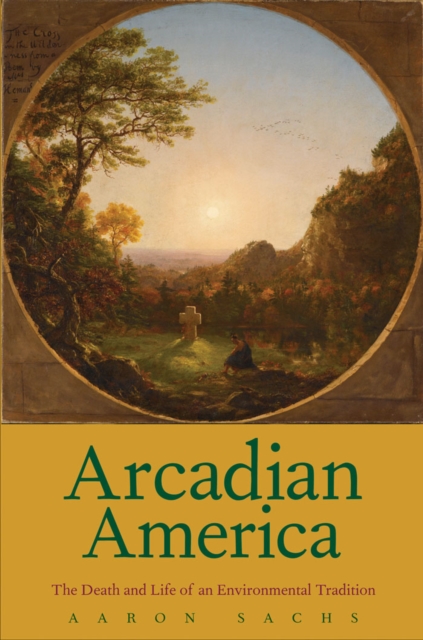
Arcadian America : The Death and Life of an Environmental Tradition EPUB
by Sachs Aaron Sachs
EPUB
Description
How a forgotten environmental tradition of the pre-Civil War era may prove powerfully useful to us now
Perhaps America's best environmental idea was not the national park but the garden cemetery, a use of space that quickly gained popularity in the mid-nineteenth century. Such spaces of repose brought key elements of the countryside into rapidly expanding cities, making nature accessible to all and serving to remind visitors of the natural cycles of life. In this unique interdisciplinary blend of historical narrative, cultural criticism, and poignant memoir, Aaron Sachs argues that American cemeteries embody a forgotten landscape tradition that has much to teach us in our current moment of environmental crisis.
Information
-
Download - Immediately Available
- Format:EPUB
- Pages:480 pages
- Publisher:Yale University Press
- Publication Date:08/01/2013
- Category:
- ISBN:9780300189056
Information
-
Download - Immediately Available
- Format:EPUB
- Pages:480 pages
- Publisher:Yale University Press
- Publication Date:08/01/2013
- Category:
- ISBN:9780300189056






